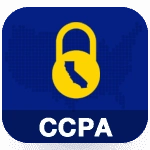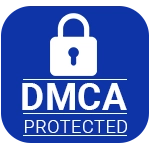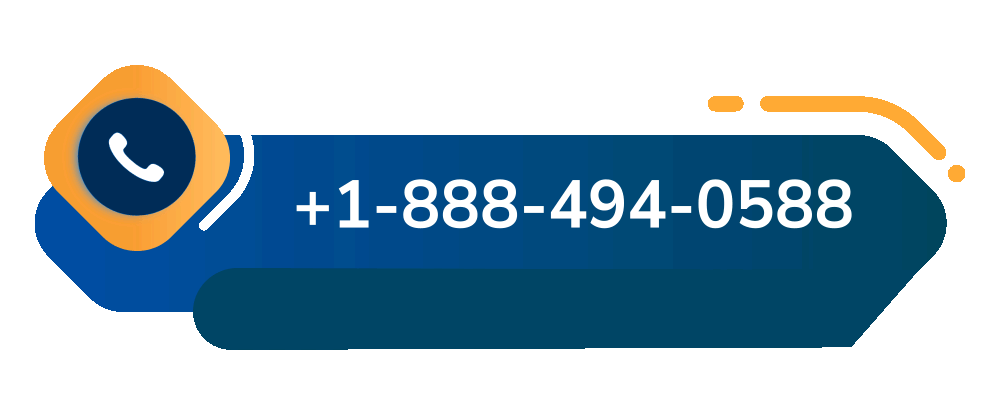Small businesses use Customer Relationship Management (CRM) software for managing client interactions and associated data. The software is vital for them to connect with clients and offer user-focused solutions. They can make the data accessible to all teams through CRM.
Major benefits of using CRM software for small business:
- Consolidating client touch points – calls, emails, forms, and meetings
- Updating clients information
- Tracking client-oriented tasks and activities
- Setting task reminders
CRM platforms help organizations create more targeted campaigns and expand their business. Below you can get an overview of some leading CRM platforms for small businesses that are most efficient and affordable.

Factors to Consider While Selecting the Best CRM Software for Small Business
As a small business owner, you may have multiple responsibilities and business targets. Here are some factors to keep in mind to choose a comprehensive CRM:
- Budget – Select software with marketing automation, client support, and lead management under your budget.
- Usability – The CRM must be easy to use and understand with a low learning curve.
- Feature-rich dashboards – Dashboards should be customizable and let you add metrics for marketing strategy management.
- Marketing features – Check for facilities for email marketing, multichannel marketing, lead scoring, lead acquisition, and tracking results.
- Mobile app – Ensure the software is available for download on mobile devices for your target users.
Evaluating CRM for Small Business
As a business, it is crucial to stay well-informed on aspects governing CRM software. This way, it becomes easier to choose the best tool that suits the requirements of your business and target audience. Given below are important factors to be considered while evaluating various CRMs for your small business:
Organizational Goals
The CRM software should align with your company’s goals. Different platforms can offer distinct advantages, be it shortening the sales cycle or improving client service.
So, it is crucial to evaluate the features and choose from best CRM for your businesses that suits your goals.
Integrations
The rise of application programming interface (API) allows you to integrate apps with CRM. Notably, the integrations augment synchronization and enable features like automatic calling.
Scalability
Your business can grow at any stage, even if it is growing gradually. So, choosing CRM software supporting more add-ons and capabilities can prove useful in the long run.
Consider the scalability aspect as a one-time initial investment. You can keep changing the integrations and module plans accordingly.
Digital Analytics
The CRM software enables companies to track and monitor their client behavior. In addition, some CRM tools automate lead scoring, help assess your team’s performance, and offer vital insights.
All these factors prove useful in making the necessary decisions at the right time.
User Experience
The CRM for small business has certain functionalities that enhance user experience (UX). Notably, solutions like automated chats, email integration, and others can boost client relations to a great extent.
So, consider these features and choose a CRM platform focusing on refining the user experience.
Compatibility and Mobility
Small business owners require their digital tools to be accessible from any location. This way, the entire team can be in the loop of the changes and exchange information accordingly.
Hence, choosing a CRM that is compatible with smartphones is one of the major factors. Also, consider aspects like navigation and fluent UI while selecting such CRM software for small business.
Budget and Resource Allocation
As a small business, it is crucial to plan the budget effectively. You can always explore CRMs for free as a trial version. If you feel a specific platform is suitable, it is wise to invest in the basic plan.
It is a good idea to avoid choosing enterprise-level CRM software initially. After all, you do not use all the features at the initial stage of CRM implementation.
The Reputation of the Vendor
The top 8 CRM for small business suppliers offer a free trial, client service, a knowledge base, and several integrations. So, while choosing a vendor, evaluate all these details.
Assess the Client testimonials and case studies for this purpose. In addition, checking reviews on third-party websites can also prove useful.
Type of CRM Service
These days, you can opt for cloud-based, hybrid, or on-site customer relationship management software. Each type has distinct pros and cons. Also, the pricing plans change depending on the functionality.
So, ensure that you decide on the type of CRM software before selecting a suitable solution or platform.
The benefits of cloud-based CRM are high affordability, easy deployment, and regular updates.
On the other hand, on-premise CRM offers advantages like robust hosting, high customization, and less dependence on the internet. Let’s understand more about some CRM software’s that might benefit your business.
Top 8 CRM Software for Small Businesses
1. Zoho CRM
Key features:
- Lead management
- Workflow automation
- Contact management
- Processing rules
- Omni channel marketing
- Real-time analytics
Pros:
- Access to the free plan
- Mobile compatible app
- Several integrations
- Affordable pricing
Cons:
- Fewer customization fields
- The free plan has integration limitations
Basic pricing: USD 14 per month
2. Salesforce CRM
Key features:
- Contact management
- Quote to cash
- Einstein Analytics
- Lead management
- Dynamic dashboards
Pros:
- Easy accessibility
- Highly reliable
- Reputed and renowned brand
- Easy historic tracking
Cons:
- The comparatively complex technical integration process
- Expensive compared to some other alternatives
Basic pricing: USD 25 per month
3. Pipedrive
Key features:
- Email marketing
- Easy-to-use templates
- Marketplace integrations
- Resource management
- Proposal contracts
- Effective lead generation
Pros:
- Workflow automation
- Affordable plans
- Good API access
- Auto fill contacts information available
Cons:
- Limited custom fields
- No free plan
Basic pricing: USD 9.90 per month
4. Fresh Sales
Key features:
- Multi-lingual support
- Task management
- Contextual collaboration
- Internal notifications
- WhatsApp business integration
- Auto-profile enrichment
Pros:
- Well-designed interface
- Responsive development team
- Easy tracking of user engagement
- Clean and simple application
Cons:
- Needs improvement in accessibility features
- Less third-party integrations
Basic pricing: USD 12 per month
5. Insightly
Key features:
- Demand generation
- Digital Analytics
- Pipeline management
- Client data analytics
- Conversion rate optimization
Pros:
- Dashboard customization
- Cloud-based support
- Automation capabilities
- Effective lead management
Cons:
- In-built dialer
- Some features are available on high-tier plans
Basic pricing: USD 29 per month
6. Zendesk CRM
Key features:
- Sales forecasting
- Data Analytics
- Pipeline management
- Social media integration
- Prospecting tools
- Email tracking
Pros:
- Good live chat solution
- Multi-brand support
- Variety of pricing plans
- Good knowledge base portal
Cons:
- Comparatively challenging to understand
- Costly compared with other CRM tools
Basic pricing: USD 49 per month
7. NetHunt CRM
Key features:
- Easy lead capturing
- Sales automation
- Omni-channel communication
- Online chats
- Sales forecasting
Pros:
- Quick CRM deployment
- Easy sales process
- Personalized client marketing
- G suite integration
Cons:
- Limited custom fields
- Issues in data migration
Basic pricing: USD 24 per month
8. Sales mate CRM
Key features:
- Contact management
- Multiple integrations
- Sales forecasting
- Smart emails
- Automated lead assignment
- Meeting scheduler
- Knowledge base
Pros:
- Highly affordable
- Smooth bulk email functionality
- Good client support
- Easy Functionality
Cons:
- No option for voicemail drop
- Can lag on some occasions (subjective)
Basic pricing: USD 12 per month
Wrapping Up – Choosing the Best CRM Software
The best CRM for small business ensures smooth operations and client management and helps your business in the long run. As a small-scale enterprise, you should consider factors like the pricing, client support, and main features of various platforms.
Aligning your organizational goals is the key to choosing the most appropriate CRM solution. In addition, it is essential to choose the types of integrations and applications you use consistently.
Overall, stay up-to-date with the latest happenings in the tech world and make informed decisions while choosing a CRM platform.





